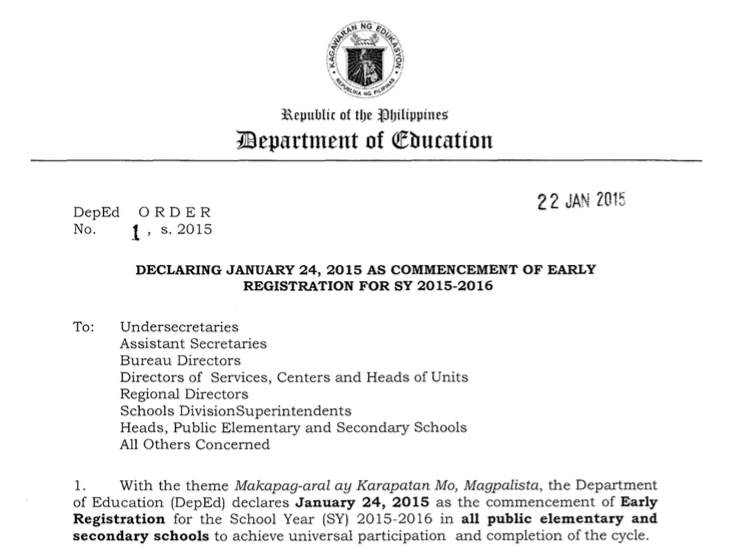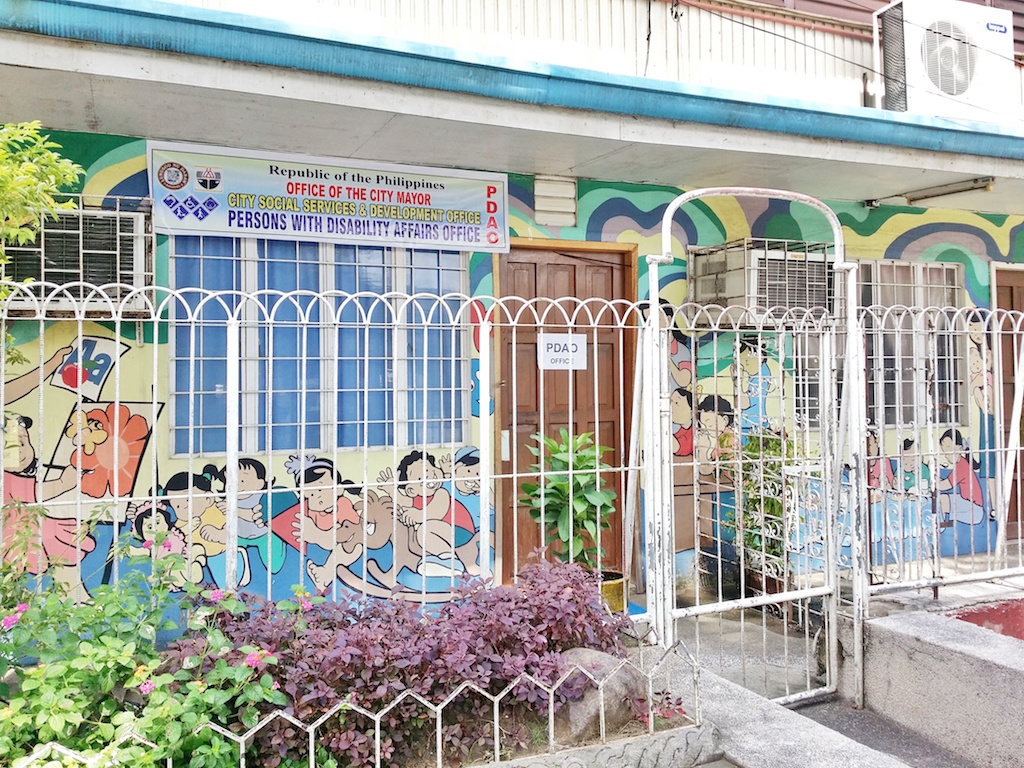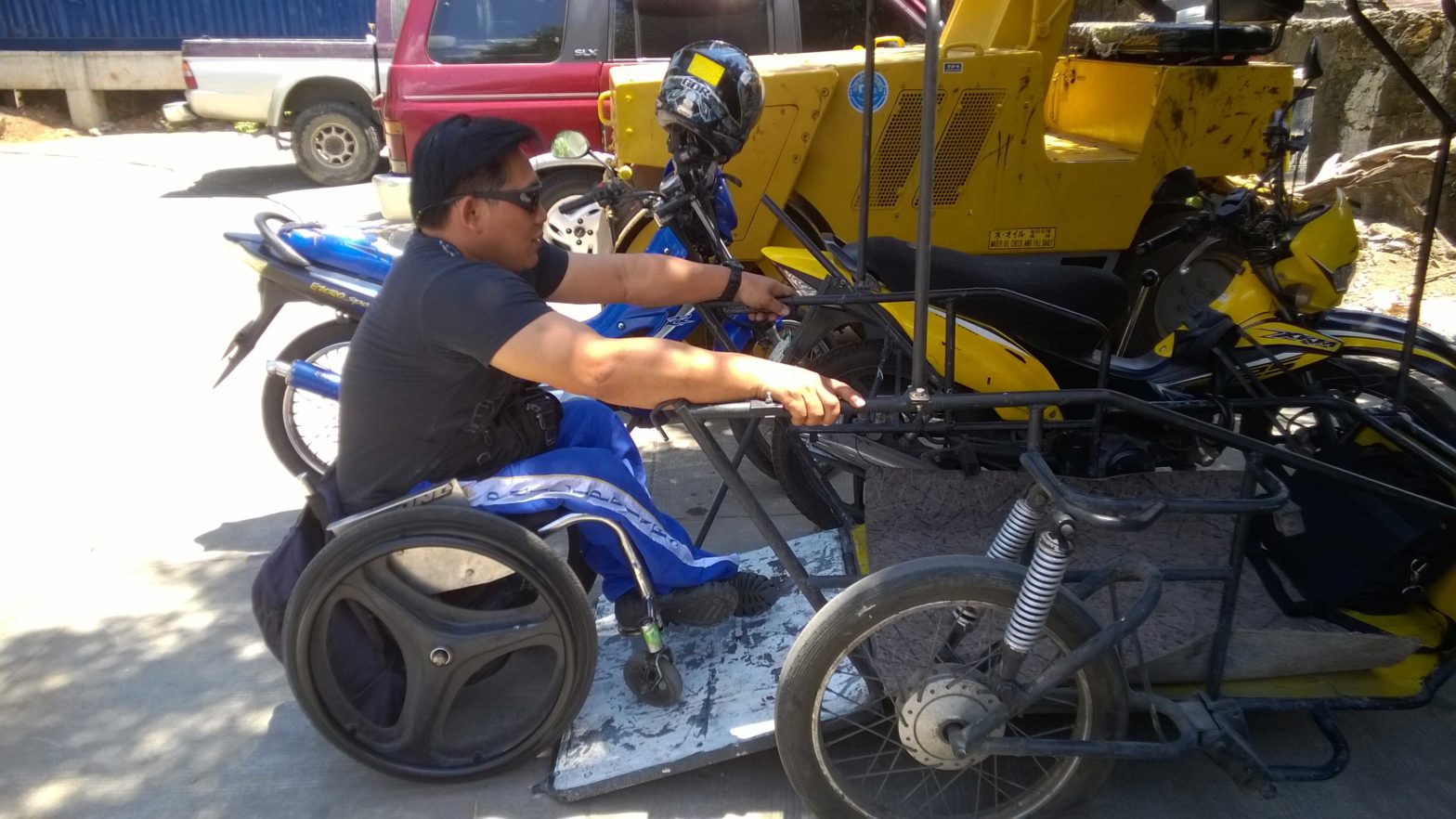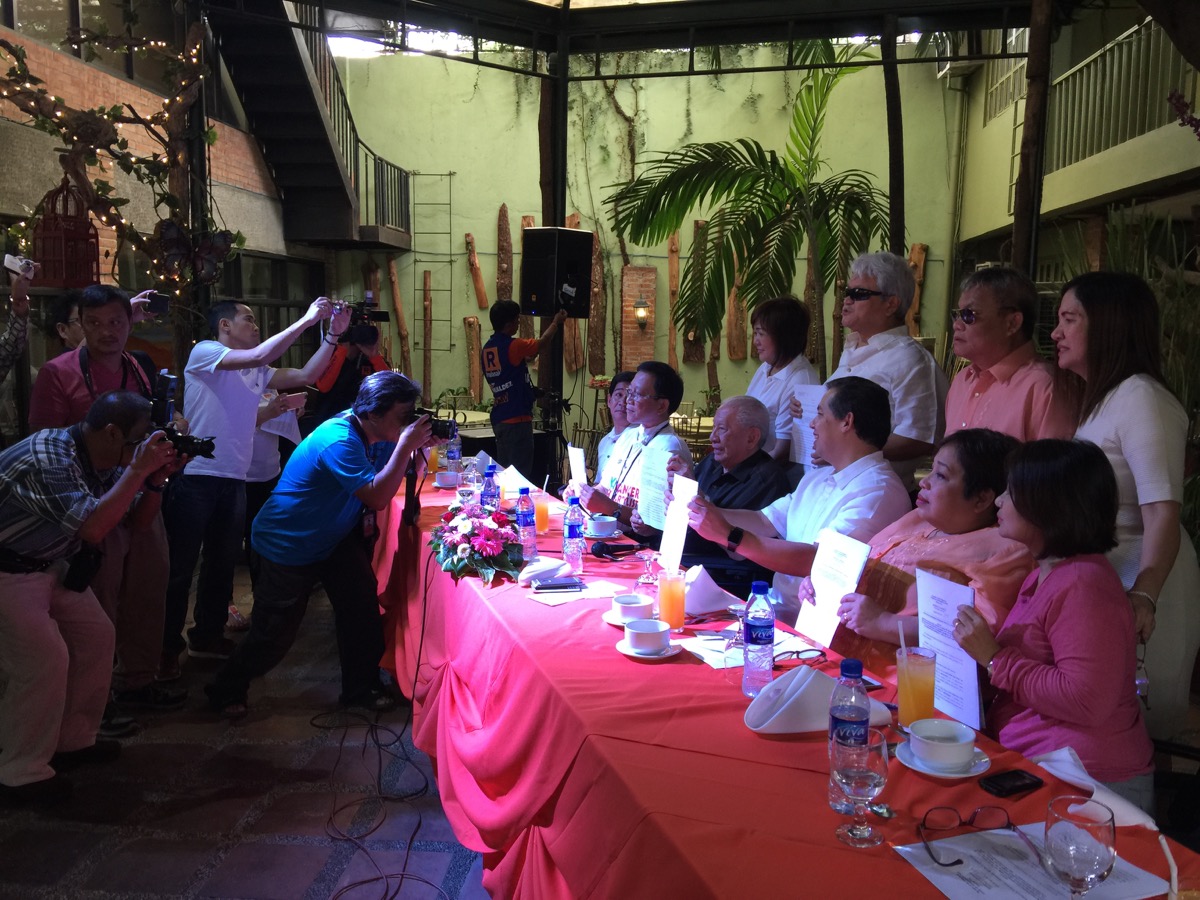By ARIEL C. SEBELLINO
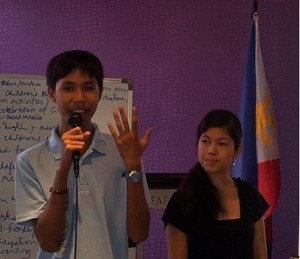 SIXTEEN-YEAR-OLD Jenmabel Gie Mendoza sashayed confidently across the room full of adults and spoke with ease and authority. Momentarily, there was a hush, as all eyes and ears were on her.
SIXTEEN-YEAR-OLD Jenmabel Gie Mendoza sashayed confidently across the room full of adults and spoke with ease and authority. Momentarily, there was a hush, as all eyes and ears were on her.
Jenmabel introduced herself as a CWD (or one of ‘children with disabilities’). By just looking at her, the audience wouldn’t have guessed that she has hearing impairment.
Unlike other children who have severe cases of auditory damage like complete loss of hearing, Jenmabel does not use sign language because she can still hear. She said: “Nakakarinig po ako pero low (I can still hear but has low-frequency hearing.).”
She is supposed to take up a course in education or social work this school year, but had to defer such plan due to financial constraints.
Nowadays, she makes use of her time doing catechism and social work for children at Kaisaka, Inc. (Kaisahan ng Magulang at Anak na Maykapansanan) — a community-based rehabilitation program for persons with disabilities and their families in Malate, Manila. She is usually a guest speaker and lecturer of Kaisaka on child-rights issues.
“Masaya po mag-volunteer sa mga kabataang katulad ko. May time ako ngayon kasi hindi pa ako pumaposok. Baka next year na (I am happy to volunteer for the youth like myself. I have time because I do not go to school yet. Maybe next year),” Jenmabel said of her two-year volunteer work at Kaisaka.
Jenmabel was one of the three children who attended the second ASEAN Children’s Forum in Singapore held last June to discuss problems and solutions to various children’s issues in the region.
Thirty-six children from the 10 ASEAN member-states and the People’s Republic of China attended the forum. The delegates also included those who are not physically-challenged, according to the Council for the Welfare of Children (CWC).
Denia Gamboa, CWC coordinator, said the delegates shared their views and suggested solutions to problems, such as lack of help for disadvantaged children, discrimination against gender and disability, lack of awareness and opportunities to participate in children’s matters, and lack of freedom to pursue their interest in education.
Aldrin Tobias, a forum delegate, said: “Halos pare-pareho po ng concerns sa ibang mga countries. Nag-voice out kami (The concerns were almost the same as those of other countries’. We were able to voice out.) Medyo lucky po ako kasi wala naman akong kapansanan. Pero syempre concern ko po ay mga batang may kapansanan (I am somewhat lucky I do not have any disability but my concern goes to the other children who have disabilities).”
Aldrin, a fourth year high school student, serves as a volunteer at Lunduyan Foundation based in Quezon City. Lunduyan is a nongovernment organization that promotes, advocates and protects children’s rights.
He teaches child’s rights to schoolchildren on weekends. He dreams of becoming a doctor someday.
Delegates from Thailand said that in their country, girls usually stay at home while the boys study. The Chinese delegates said some people with mental disabilities in their country are not able to receive proper education ‘in extreme cases’.
Results of the forum workshop showed that the most affected specific groups of children (from 11 to 17 years of age from elementary and secondary schools) are: children in poverty, children with no access to schools, children with intellectual disabilities, children who are visually-impaired and hearing-impaired, children with physical handicaps, and children adversely affected by natural disasters.
They called on ASEAN governments to immediately act their four-pronged proposal to:
1. Give food and clothing to poor families and disadvantaged children;
2. Allow the children to take the lead, with the help of governments, institutions and organization, in providing scholarships for those with disabilities, and organizing campaigns and forums;
3. Increase the awareness of children with regard to the right to participate; and
4. Build more facilities in schools and enhance hands-on and outdoor learning with IT (information technology) equipment.
Nelia Sevidal, child expert and executive director of Lunduyan, said that children with disabilities are susceptible to discrimination and bullying.
The National Council on Disability Affairs (NCDA) defines disability as: 1) a physical or mental impairment that substantially limits one or more psychological, physiological or anatomical function of an individual or activities of such individual; 2) (with) a record of such an impairment; or 3) being regarded as having such an impairment.
